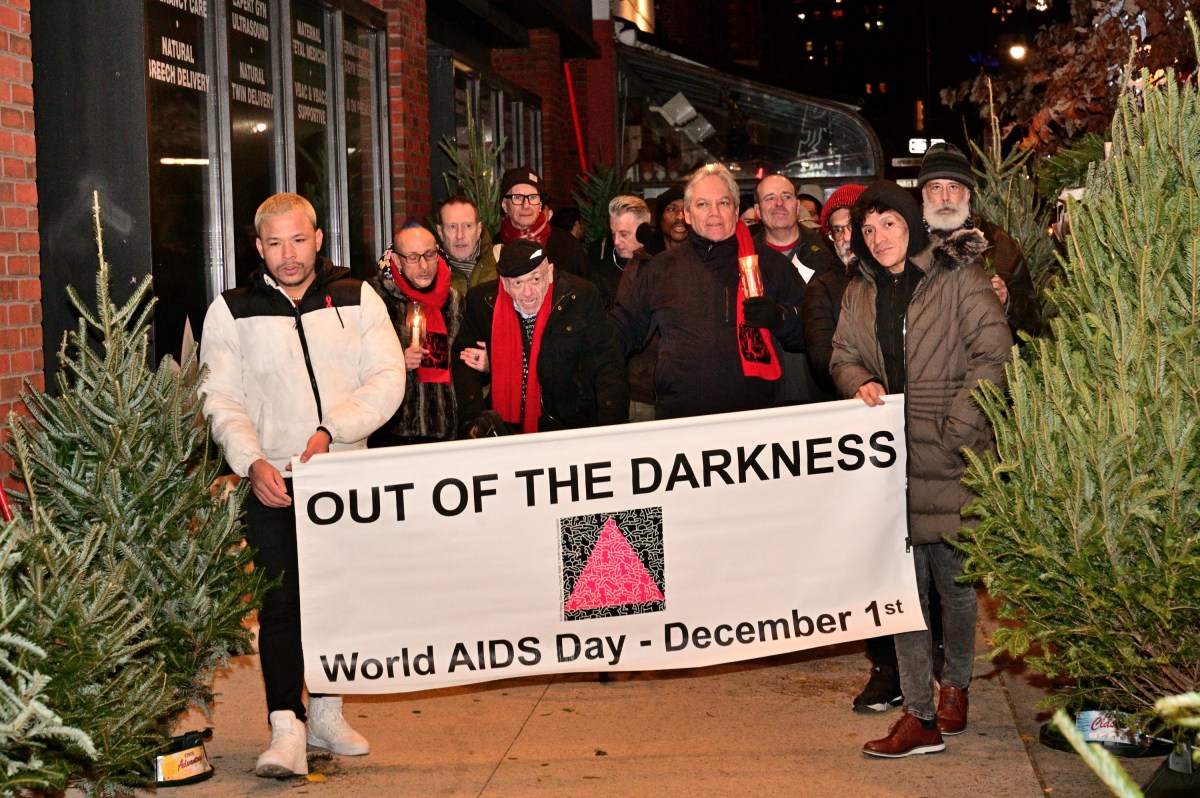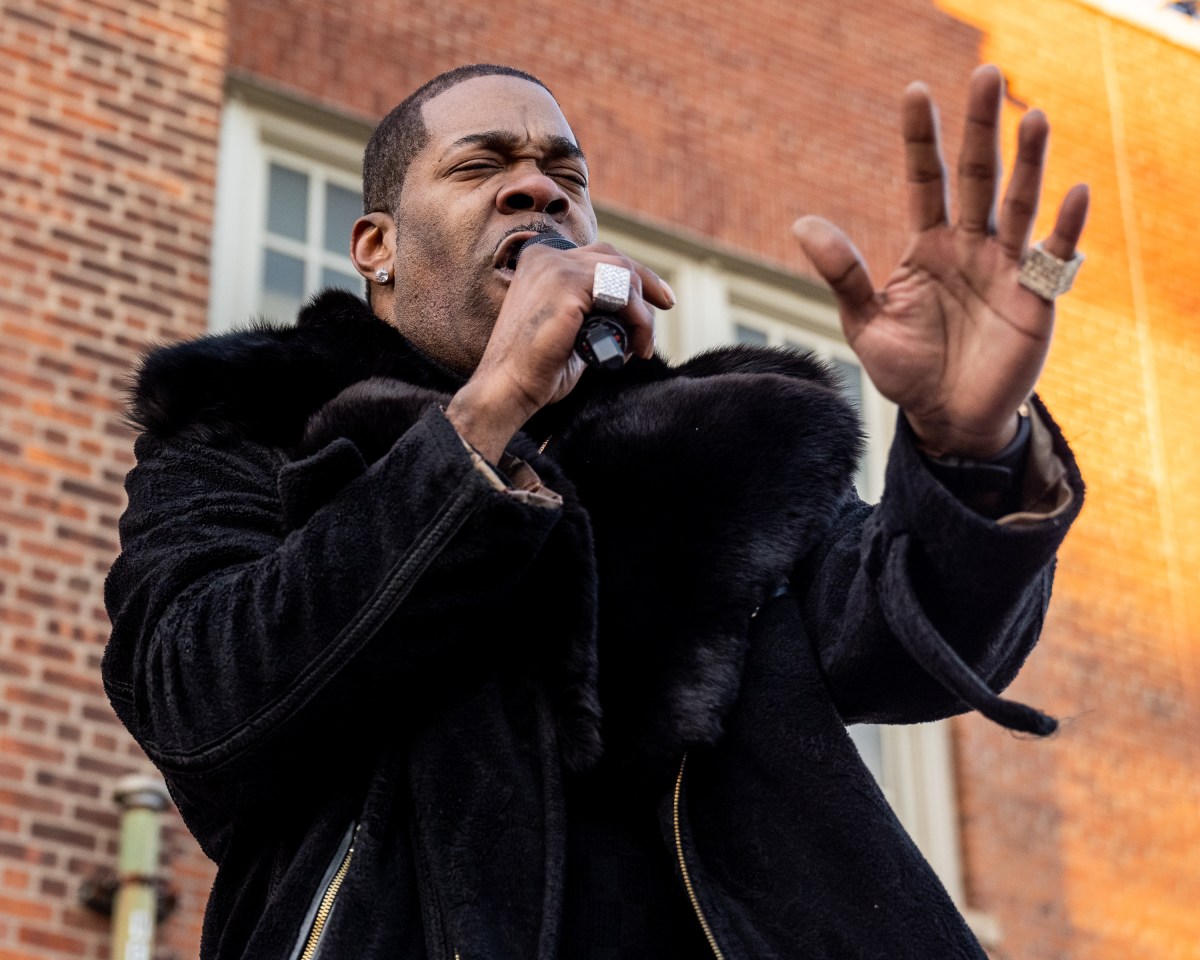BY PERRY N HALKITIS, Ph.D., M.S. (with MICHAEL MARINO, MPA) | I remember it so clearly. At that time, I was running a research center in Chelsea with my colleagues Jeff Parsons and Michael Marino. That morning, I woke up late as usual and went down to my desk. Jeff called me and told me to look outside (a window in my 11th Street apartment faced the World Trade Center).
Running a behavioral research center in this time of crisis presented numerous obstacles and opportunities. In 2001, I was leading two NIH-funded studies — Project PILLS (a study of HIV medication adherence) and Project BUMPS (a study of club drug use and sexual risk taking, both with samples of gay and bisexual men). Both were cohort studies requiring participants to meet with us every few months. Conducting such work under normal circumstances is extremely challenging. Enacting these studies at a time of national crisis is even more complex. Still, we managed to work through these events.
Michael, who directed the operations of the center, arrived at 9am that day — where he found that some of our graduate assistants (one of whom was leading an assessment of a research participant. All the while, the television (which we normally used for project activities) was crudely tuned with a wire hanger so the team could keep abreast of the unfolding events. As calls were being made to our families and study participants scheduled for September 11, there was a knock on the door. A participant had arrived for his assessment. He was informed that we closed the office due to the attacks, and was shown what was happening on the TV. We all thought he would just turn around and leave — but instead, he insisted on completing his assessment. Having traveled all the way into our Chelsea facility from the Bronx, he wanted to be seen and told us he didn’t care if the subway would not be running to get him home. He said he would walk — so we undertook the assessment.
The next morning, the research center remained closed and as the city put out a call for much needed medical supplies at the staging area set up at Chelsea Piers. I returned with Michael and Jeff to the center to gather anything we could. With hands overflowing full of medical waste bags, sterile wipes, bandages, gauze and needles, we made our way on foot (as did countless others who wanted to help in any way they could) to deliver the items to Chelsea Piers. Sadly, those items would never be needed. There were no more survivors of the attack.
For days, operations remained sluggish. At the same time, these tragic events also provided us with an opportunity. As behavioral scientists, we found ourselves presented with an opportunity to examine how the events of 9/11 affected the men who we were studying — and gay men in general.
Project PILLS sought to understand what caused some men to skip or miss doses of their HIV medications. This was at a time when we still had multiple pill combinations, multiple times a day — which required adherence of 95 percent or greater in order to effectively fight HIV. We recruited 300 men and were following them every two months for a year. Each time the participant opened the bottle to dispense his meds, the chip in the cap registered the data and time. When 9/11 occurred, it became apparent to us that we had a captive audience of men and their adherence behavior prior to and post 9/11. Shortly after the events of the day, I led our group in an effort to consider how adherence had shifted after the events of the day.
Published in March 2003 edition of the Journal of Urban Health, our paper compared rates of adherence between the period of September 24, 2001 to October 24, 2001 and assessments taken two to four months prior to 9/11. We found a large increase in the number of missed doses and suboptimal doses after the events of 9/11. These findings showed us that the events of 9/11 had an impact on adherence to HIV medications in gay and bisexual HIV-positive men, and also created an additional burden on already overburdened lives. One could speculate that for many HIV-positive gay men, the thought of death is part of their daily lives — and the hope given by HIV medication advances was in some way diminished by the tragic events of 9/11.
Immediately after the attacks of 9/11, the New York Academy of Medicine initiated a program of research to examine the health and well being of those residing near or around the World Trade Center site. I was a participant in the study, which examined the drug use and mental health of these New York City residents. We undertook a more circumscribed survey study on the streets of Chelsea to examine the experiences of gay and bisexual men who we believed would be understudied or overlooked in these larger investigations. We came to this work with hypotheses that post 9/11 some gay men would be engaging in “terror sex” — a term coined by the popular press to characterize the sexual risk taking that followed 9/11. Research colleagues in New York found a small but significant increase in unprotected anal sex and alcohol use post 9/11, and more pronounced sex and risk and alcohol use among gay and bisexual men who had lost a friend or relative in the attacks.
Using a survey taken on the street, we sampled 140 men who resided primarily in Chelsea and Greenwich Village — gathering basic demographic information, measures of desire for sex and substance use post 9/11, as well as drug use and sexual behaviors pre and post 9/11. No changes in drug use were reported post 9/11. This may be explained, in part, by the limited access to residences below 14th Street for the week after 9/11 (making it difficult for dealers to enter).
HIV-positive men reported a higher number of sexual partners post 9/11, while the number of sexual partners remained constant in HIV-negative men pre and post 9/11. The HIV-positive men were more likely than HIV-negative men to act on their desire for sex. Like we had found in Project PILLS, there was a pronounced effect of the 9/11 events who were living with HIV, who already were facing vulnerability and challenges to their own lives.
Looking back, it has become abundantly clear to me that my desire to transform the events of 9/11 into research and knowledge generation was my way of trying to control what seemed to be an uncontrollable situation. I think it is also the reason I am an HIV behavioral researcher. In the midst of the tragedy of AIDS and the deaths of many close to me, I was able to cope with the reality of the epidemic by intellectually managing it through research. It is the idea of mind over matter. And I hope that in that process of intellectualizing, we have enacted work that has a beneficial effect.
Perry N. Halkitis, Ph.D., is a Professor of Applied Psychology, Public Health and Medicine and Director of the Center for Health, Identity, Behavior & Prevention Studies (CHIBPS); Michael Marino, MPA. is the Managing Development Director of Point Foundation.





































